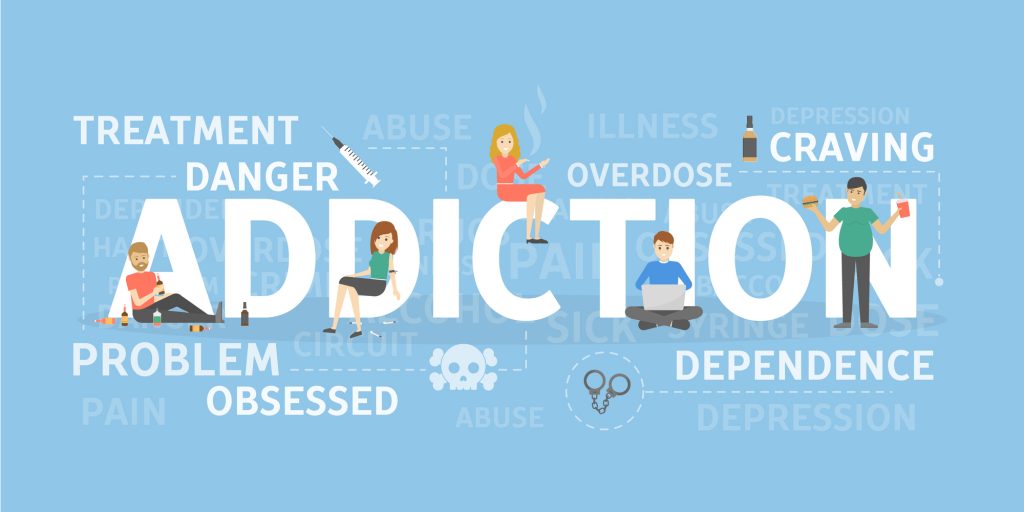An addictive personality refers to a combination of addictive traits that, in theory, predispose a person to addiction. However, the concept of the addictive personality is debated. So what are addictive personality traits and do they really offer insight into future addictions? Learn more about the most frequently reported addictive personality traits and how they relate to actual substance use disorders.

An estimated 10-15% of the population is thought to have an addictive personality. However, despite the widespread discussion of addictive personality traits as predictors of substance abuse, there is no such thing as an addictive personality disorder. This means that an addictive personality is not medically recognized as a diagnosable mental illness. However, patterns worth noting do still arise in the personality traits of those who suffer from addiction.
What Is Drug Addiction?
Alcohol and drug abuse are common. According to the National Institute on Drug Abuse (NIH), drug addiction can be defined as a “chronic, relapsing disorder characterized by compulsive drug seeking, continued use despite harmful consequences, and long-lasting changes in the brain.” In other words, addiction involves engaging in substance abuse despite the negative impact it has on a person’s life, such as declining health. And due to this, the chemical processes in the brain are altered. Of course, addictions to other behaviors like gambling or social media also occur. However, the addictive personality traits mentioned are discussed in the scope of drug or alcohol addiction.
Addictive Personality Traits
Addictive personalities have been a scapegoat for addiction for decades. Historically, the following personal characteristics were considered addictive personality traits:
- Manipulation or lying
- Evading personal responsibility
- Narcissistic or selfish
- Thrill seeking
- Impulsive
- Neuroticism
- Socially detached or lacking connection to others
- Extreme emotions or mood swings
While these personality traits are often found in those who suffer from a substance use disorder, more recent research argues that they are not causal factors of addiction. Rather, they are more likely to be indications of other underlying mental health disorders, such as anxiety. In this way, substance abuse would be an attempt to minimize uncomfortable symptoms of mental illness instead of filling a self-serving need.
Addictive Personality Theory Is Popular
There are a few reasons that the addictive personality theory has persisted over time. For one, it provides an explanation to a very complex condition that is difficult to understand. Therefore, blaming addiction on predefined personality traits lifts the burden off of many of those seeking answers to problems with substance abuse.
Another reason that blaming an addictive personality for drug or alcohol abuse is popular is because it shifts the blame away from the drug user. Addictive personality traits are often found in those with substance use disorders, but they are not necessarily the cause of the disorder. However, if you have been led to believe that you are destined for addiction because you possess certain characteristics, it may be reason enough not to try to avoid these behaviors.
Ultimately, there is no one size fits all formula for predicting addiction. Rather, substance use disorders develop due to a multitude of factors which are as individual as the person living with the addiction.
Actual Risk Factors of Addiction
In short, chronic substance abuse causes chemical changes in the brain, allowing for addiction to form. But what leads a person to start using drugs or alcohol? Unfortunately, there is no easy answer to this question. However, some risk factors do exist:
- Genetics: Genetics play a role in who develops an addiction. In fact, according to NIH, genetics may account for up to half of your risk of developing substance use disorder. However, it is important to highlight that genetics do not guarantee addiction, rather they merely suggest a higher likelihood of addictive behaviors.
- Environment: A person’s environment is also a factor in addiction. Family atmosphere, such as parental drug use, absent parents, or pressure from peers and social situations could also heighten the risk of drug abuse.
- Trauma: Trauma at any point in life can cause countless issues. The amount of stress involved with experiencing and sometimes reliving trauma often leads a person to self-medicate with substances in an attempt to feel less of the pain associated with the trauma.
- Poor Stress Management: Experiencing overwhelming stress, the perception of unmet needs, or possessing a lack of healthy coping are all risk factors for developing an addiction.
- Mental Illness: There is a strong connection between mental health disorders and co-occurring substance use disorders. There are several reasons this is thought to be the case, including shared risk factors (i.e., trauma leading to mental illness as well as drug abuse)and self-medication. In addition, chronic substance abuse in itself can lead to mental health disorders like depression and anxiety.
Ultimately, the loss of control over the use of substances, for whatever reason, can lead to addiction. That said, there are no set personality traits that will guarantee this outcome.
Addiction Treatment Near Columbus, Ohio

Whether you are concerned with addictive tendencies or progressive drug abuse or alcoholism, The Woods at Parkside in Gahanna, Ohio can help. Our accredited Ohio drug rehab offers several addiction treatment programs to start you on your road to recovery. These include:
- Detox
- Residential Rehab
- Dual Diagnosis
- Partial Hospitalization
- Intensive Outpatient
- Offsite Partial Hospitalization
These addiction treatment options ensure our treatment team can reach the needs of each individual in a way that suits them best. To learn more about our addiction facility, please contact our admissions specialists at 419-452-4818 or on our confidential online form. Oftentimes we can get you admitted on the same day.
There is no surefire way to prevent addiction. However, there are many strategies that may help. These include education, teaching healthy coping mechanisms and self care, and ensuring personal connections.
While many addictive personality tests can be found online, rest assured that there is no combination of personality traits that will guarantee an addiction. Rather, the complex relationship between nature and nurture, or genetics and environment, is thought to be much of the driving force behind addiction.
An addictive personality is a set of personality traits that increase the likelihood that someone will develop an addiction. Addictive personality traits generally include impulsiveness, selfishness, antisocial, and the like. However, addictive personalities are more theoretical in nature, as there is no addictive personality disorder. Rather, it is a multitude of factors that causes addiction.



























